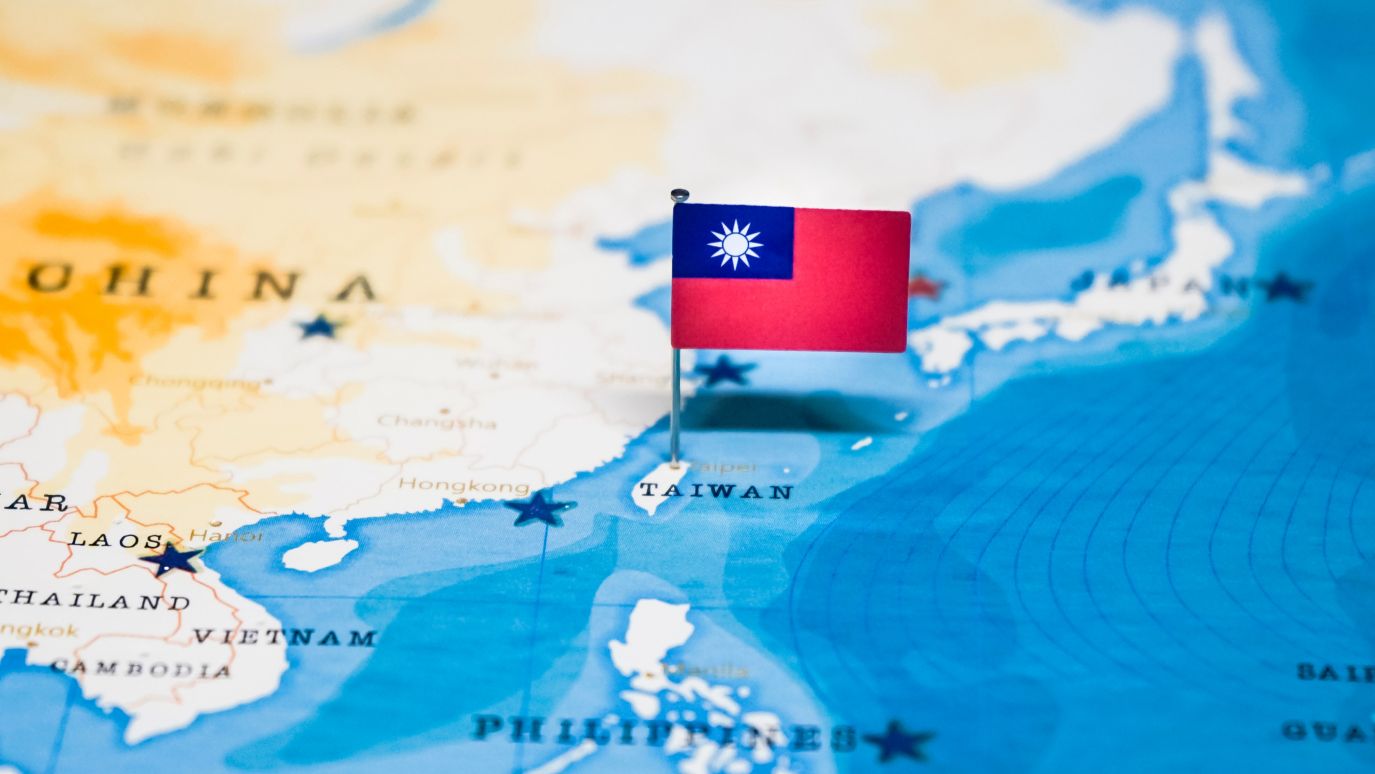-
Blog
Growing calls for a Free Trade Agreement between the US and Taiwan

Taiwan is pushing for deeper institutionalized trade ties with the United States, as Taipei diversifies its trade ties beyond the mainland. At the same time, Washington’s economic policy toward Taiwan is changing as China’s growing military and political assertiveness continues to exacerbate the region’s risk environment.
A complex supply chain already exists between the US and Taiwan
A complex supply chain, most visible in the semiconductor sector, has developed between US and Taiwanese companies in recent decades, but there has been no real drive from the US to formalize economic agreements with Taipei. Several reasons have stood in the way: first, US attempts to integrate China into the global economy have historically downplayed Taiwan’s strategic relevance as a matter of diplomacy.
At the same time, the US has been concerned about Taiwan’s slow progress in improving the protection of US intellectual property and Taipei’s refusal to open its telecommunications markets.
However, Washington’s view is changing as Taiwan’s geopolitical salience continues to grow, alongside its unparalleled semiconductor manufacturing dominance. As a result, US business and political leaders are calling for institutionalized economic links suggesting that it’s essential to counterbalance China’s growing regional and global assertiveness.
In bolstering bilateral trade relations, Washington and Taipei resumed the Trade and Investment Framework Agreement (TIFA) in 2021 and initiated the 2022 Third US-Taiwan Economic Prosperity Partnership dialogue and the US–Taiwan Initiative on 21st Century Trade. So far, the talks have been unusual in that they have not discussed tariff reductions (which are already relatively low) but instead have focused on securing supply chains – as China bids to become a global digital superpower – and green energy initiatives.
Diversifying Taiwan’s economy beyond the mainland
At the same time, Taiwan’s Democratic Progressive Party (DPP) is trying to diversify the country’s economy beyond the mainland. In 2022, Taiwan’s investment in China was $5.05 billion, which represents a drop of nearly 14 percent over the previous year. Between 2018 and 2022, Taiwan’s annual investment in the mainland has not risen above $6 billion – less than half of that invested in the previous 10 years. Likewise, Chinese investments in Taiwan in 2022 accounted for just $39 million, the lowest since 2009 when Taiwan opened to mainland investment.
In comparison, Taiwan's investments in the US stood at $1 billion last year. However, trade and investment between US and Taiwanese companies is growing. According to the Taiwan Ministry of Finance, the US share of total Taiwanese exports has grown from 11 percent in 2014 to 16 percent in 2022.
It reveals a growing change of direction for Taiwan, beyond China and toward the US and Europe. In turn, Taiwan’s growing geopolitical significance and world-leading manufacturing strength in the semiconductor industry may increase the likelihood that Washington would move to formalize trade relations with Taipei.
The dark cloud on the horizon, however, is Taiwan’s upcoming presidential election slated for 13 January 2024. Members from the Kuomintang (KMT), Taiwan’s pro-China opposition party, recently made a nine-day trip to China, meeting some of the Communist Party’s highest-ranking officials, amid hopes its links with Beijing will help boost the KMT’s chances in the elections.
The DPP certainly has its work cut out, as Taiwanese businesses lament lost market opportunities, and will be responsive to China’s dangling of incentives over the next year. The DPP must walk a thin line between effectively managing Beijing and expanding its support base in advance of the 2024 election.
China plays the “foreign influence” card
China will also amplify doubts from the Taiwan population regarding US intentions and commitment to Taiwan’s security. On 10 February a major Taiwan television network reported that of the 1,493 people it polled in a survey, 44 percent said they were worried that Taiwan may be used by the US as a pawn in its contention with China (42 percent were not worried and 14 percent had no opinion).
For now, though, the US is held in reasonably high esteem among the Taiwanese public. The same poll revealed that 56 percent would welcome a visit from US Speaker Kevin McCarthy, while just 23 percent would oppose it. However, between now and 2024, China will unrelentingly play the “foreign influence” card in its contest with the US over Taiwan.
Pamir provides risk data and analysis and strategic advisory services to US companies doing business in China, and other foreign markets in which there is a high element of risk.
Our analytical teams provide deep insight into geopolitical impact, risk landscape, and competitive strategies in foreign markets, and we serve over 50 Fortune 500 companies in Agriculture, Aerospace, Automation, Biomedicine, Chemicals, Energy, Financial Services, Advanced Materials, Pharmaceuticals, and Semiconductors. Contact us now to find out how we can help you.
China’s 5G influence in developing economies
China’s Belt and Road Initiative and its digital counterpart, the Digital Silk Road, threaten to displace US telecom and tech companies in developing economies in Africa, Latin America and the Middle East. How can US operators and network providers stand up to the challenge?